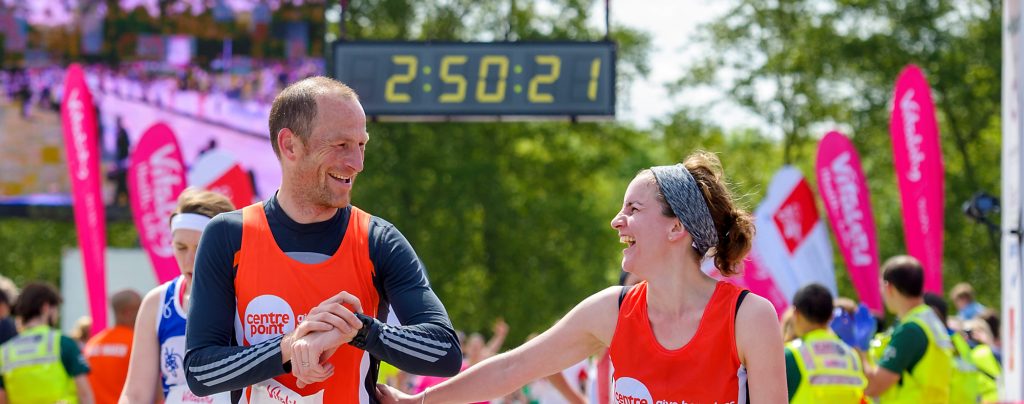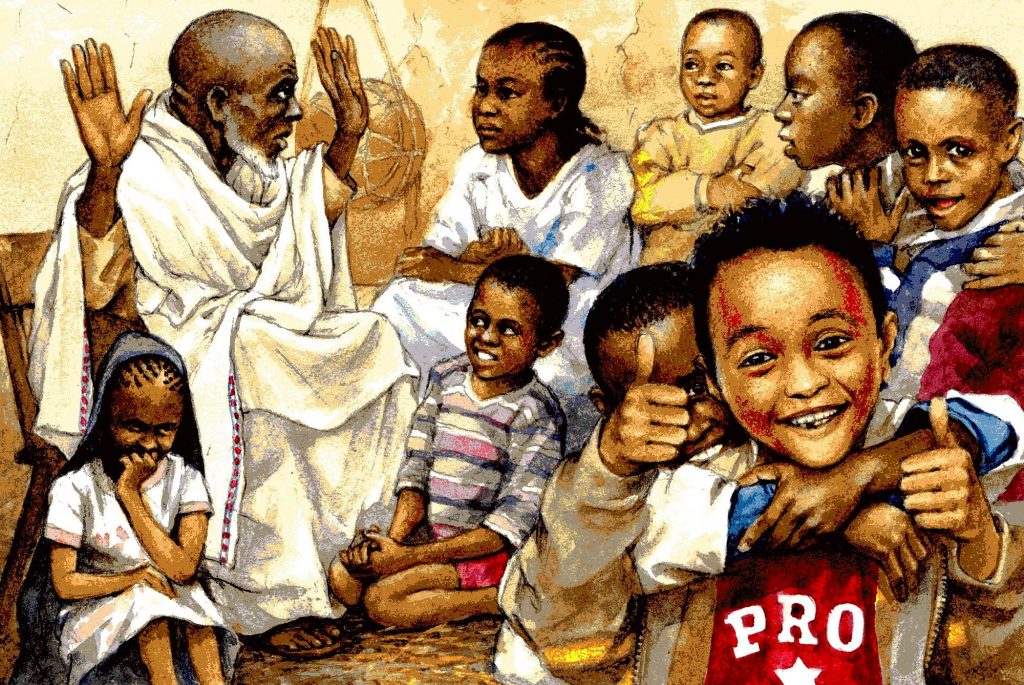An Investigation into the Barriers to Female Education in Link Ethiopia Schools
Written by Emily Gretland
“Roughly two months ago, with a 20 hour journey ahead, the time had finally come to travel to the Link Ethiopia offices in Gondar to undertake a study and produce a collaborative report on barriers to female education in Ethiopia. Equipped with very limited knowledge of Ethiopian history and culture and zero prior experience with this wonderful country, the thought of the task at hand was daunting.
Upon arrival, it was clear that my prior sentiments were understated. My first encounter with the results of Link Ethiopia’s data collection was a slightly unsettling experience. The questions had been drafted and the results collated in such a way that it was logically categorised into themes. However, any law student with limited experience with excel, maths and numbers in general would find the nature and volume of this information perplexing at first glance. The data that had been collected was the result of quantitative and qualitative responses of 360 students, 120 parents and 40 teachers from 9 Link Ethiopia schools, to questions directed at understanding barriers to girls’ education in Ethiopia.
The wheels of the girls’ education study have been turning for a year already, due to the initiative and dedication of various people involved in this ambitious project, and my role was to produce help produce the report that would inform the nature of the project which will start this academic year.
Having overcome my initial bewilderment and comforted by the helpfulness, experience and kindness of my new Gondar family; the Link Ethiopia staff and volunteers, it was time to start processing the results in a more systematic way. The questionnaires were scanned for patterns and trends. The underlying question, which I had written in bold on an electronic post-it note on my desktop, was, “what factors, social, cultural, economic or otherwise, seem to be the most disruptive to female education?” This effort in the context of having undertaken secondary research, including the study of statistical evidence, academic articles, government documents and previous fieldwork studies into girls’ education in Ethiopia, was to lay the foundations of our focus groups.
I was drawn to the opportunity to work with Link on this project, not only because of their philosophy as an education charity but also because of the element of primary research involved. As a student of international human rights law, confined to a desk most of the time, my ears certainly pricked up by the sound of fieldwork. In hindsight, I am so glad I did not hesitate to jump on this opportunity.
The focus groups we conducted, made possible through the hard work of the Gondar staff, definitely fulfilled my student daydream of first hand research through engaging directly with individuals. I am so grateful to those involved in facilitating the interviews of girls, boys, their parents and teachers at Grargie School. The fourteen young girls who had volunteered to share their opinions with us impressed the whole team with their openness, honesty and maturity in answering questions which touched on sensitive topics such as their family situation, their hopes and ambitions for the future, the status of women in their community, marriage and menstruation.
These interviews added nuance to our understanding of the issues and I would go as far as to say that it completely altered my perceptions of some problems, such the burden of household chores. I am glad to say that the wonderful feeling I was left with at the end of this day was only slightly tainted by the nauseatingly bumpy bus ride home. In the end it was worth all the while. Their ideas and opinions feature prominently in the report.
The research process was briefly interrupted by a one week adventure spent travelling with my indispensible fellow researchers Ben and Taz, in a minibus through the North of Ethiopia, covering the Simien Mountains, Axum and Lalibela. Invigorated by our experiences from our travels, which included seeing wild Gelada monkeys in the Simien Mountains, sharing a bar with an unsuspecting cow, relieving ourselves in a variety of imaginative places, and we returned to Gondar with new energy to begin the write-up of our report.
This part of the process was to take three weeks, with ups and downs, endless disagreements and countless coffees and ‘Dashens’ (local beers) to see us through. Yet, August 15th, the day before my departure, the report had been completed: More than 60 pages written, a front page with the names Emily Gretland, Ben Robinson and Tasmia Baig on it (for better or for worse) and an individualised Link Ethiopia logo for girls’ education.
My two months working on this study has been an invaluable educational experience. This is all thanks to the excellent Gondar staff and my fellow volunteers who have generously shared all their knowledge and expertise to benefit the project. I feel relieved and happy that the study has been completed but I certainly feel sad to have left Ethiopia and my wonderful Gondar family.
I will miss you.”

